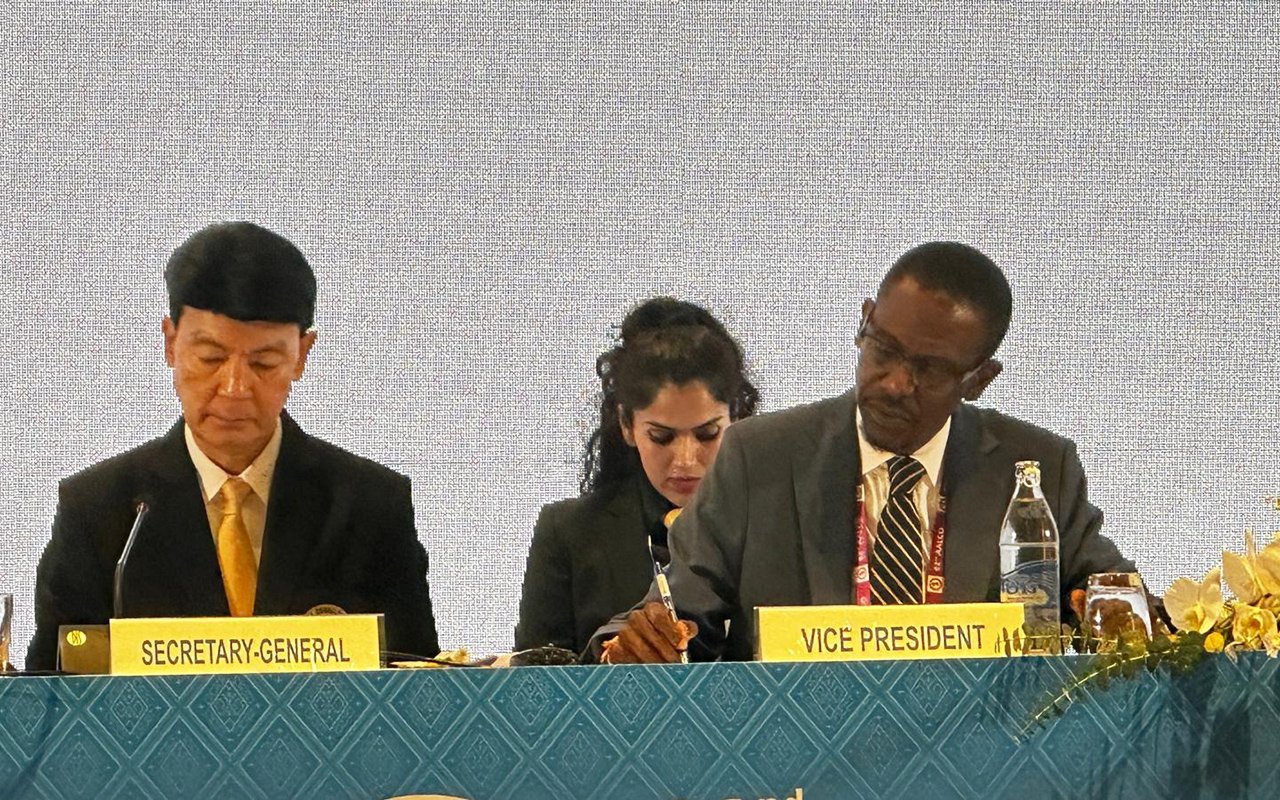Prime
Protect wetlands to support climate-resilient irrigation

Writer: Sam Cheptoris. PHOTO/FILE
What you need to know:
- Between 2015 and 2021, the coverage of wetlands increased by 0.9 percent.
I am always thrilled to share the benefits of wetlands so that I remind people that we cannot continue to act blindly by degrading our treasured wetlands and the ecosystem.
Wetlands help us to stop floods, support biodiversity, reduce disaster risk, and provide us with water for irrigation, but the rate at which we continue to destroy our wetlands is very alarming.
According to the mapping results of 2021, wetlands in Uganda cover a total area of 33,762.6 sq.km (13.9 percent of Uganda’s total area). This makes an increment of 0.9 percent from the last mapping exercise of 2015 (31,412.7km2; 13 percent of Uganda’s surface area).
We need to know that the coverage of wetlands in 1994 was 37,559.4km2 (15.6 percent of Uganda’s surface area) and 31,412.7km2 (13 percent of Uganda’s surface area) in 2015.
While in 2021, the coverage of wetlands was 33,762.6 sq.km (13.9 percent of Uganda’s surface area). Between 1994 and 2015, Uganda lost 6,146.6 sq.km of wetlands (2.5 percent of Uganda’s surface area) which is (1.6 percent of Uganda’s surface area). The decrease in wetlands coverage was due to increasing encroachment by small-scale and large-scale farmlands as well as built-up areas in terms of factories and settlements.
While, between 2015 and 2021, the coverage of wetlands increased by 2,349.9 sq.km (0.9 percent of Uganda’s surface area). This is explained by the intensification of wetland restoration interventions, increase in lake water levels (lake inundation) and increased political support towards wetlands restoration activities.
Banking on political support
His Excellency Yoweri Museveni has always offered us his full support in addressing wetlands issues. His recent advice on wetland and environment restoration was echoed during the celebrations to mark International Youth Day held at Asuret Core Primary Teachers College in Soroti District on Monday.
The President advised the public to desist from cultivating crops in wetlands, stating that as a wealth-creator, cattle-keeper and grower of crops, he cannot accept people destroying the source of his livelihood because it is from swamps that he gets water for irrigation of his crops. He urged people to embrace cage fishing by relying on fish ponds constructed at the end of the swamps.
For instance, in the eastern region, my ministry has supported farmers by providing irrigation schemes where farmers utilise water from wetlands and catchments for fish farming. In this scheme, farmers stop cultivating in wetlands and instead utilise fish ponds at the edge of wetlands.
For instance, we constructed Limoto irrigation scheme in Pallisa District. Farmers were initially growing rice in the wetland, but they embraced fish farming in the ponds after the restoration exercise. Their lives have significantly changed due to increased income from the fish business and improved immunity as a result of eating fish.
We also constructed Chebombai small-scale irrigation scheme in Bukwo District in Sebei sub-region. It was meant to support the wetland restoration process by helping farmers stop cultivating in the wetland and providing them with another source of livelihood. Farmers are reaping big from fish farming in the ponds which were put at the edge of the restored wetland.
We, therefore, continue to request for more financial support from our government and development partners to support our wetland restoration activities for us to be able help our people by giving them alternative sources of livelihood.
I reiterate the President’s message by appealing to everyone to take personal responsibility for protecting wetlands so that we continue to utilise them sustainably.
The writer, Sam Cheptoris, is the minister of Water and Environment, and MP for Kapchorwa Municipality.




